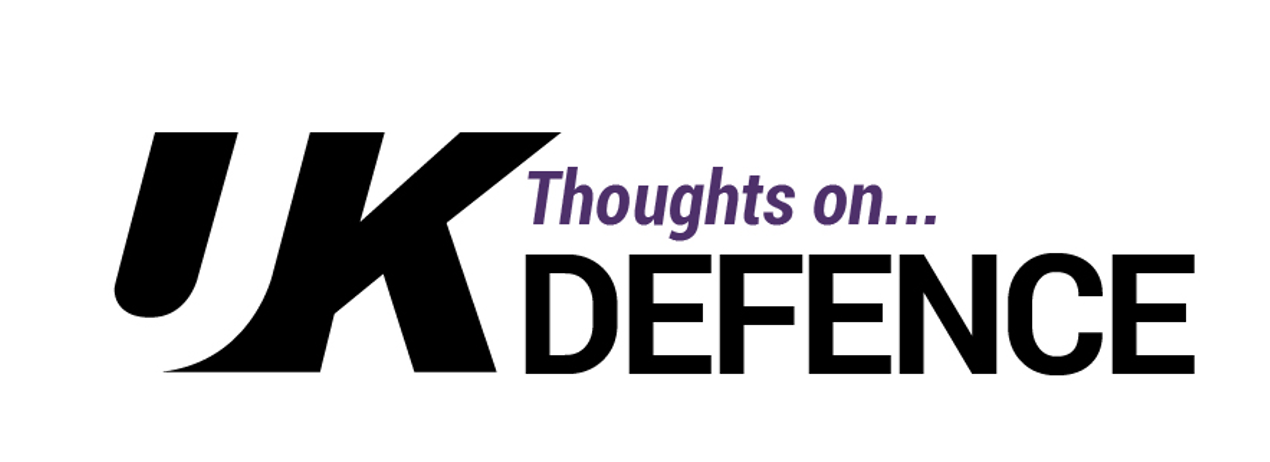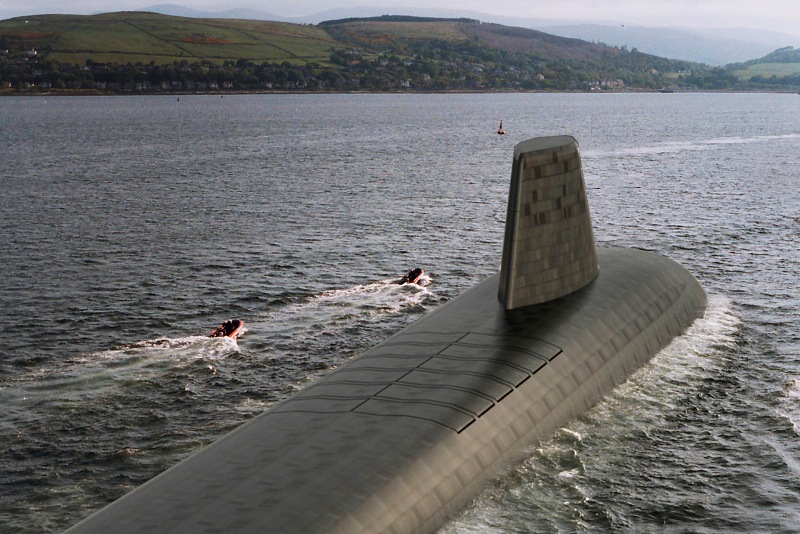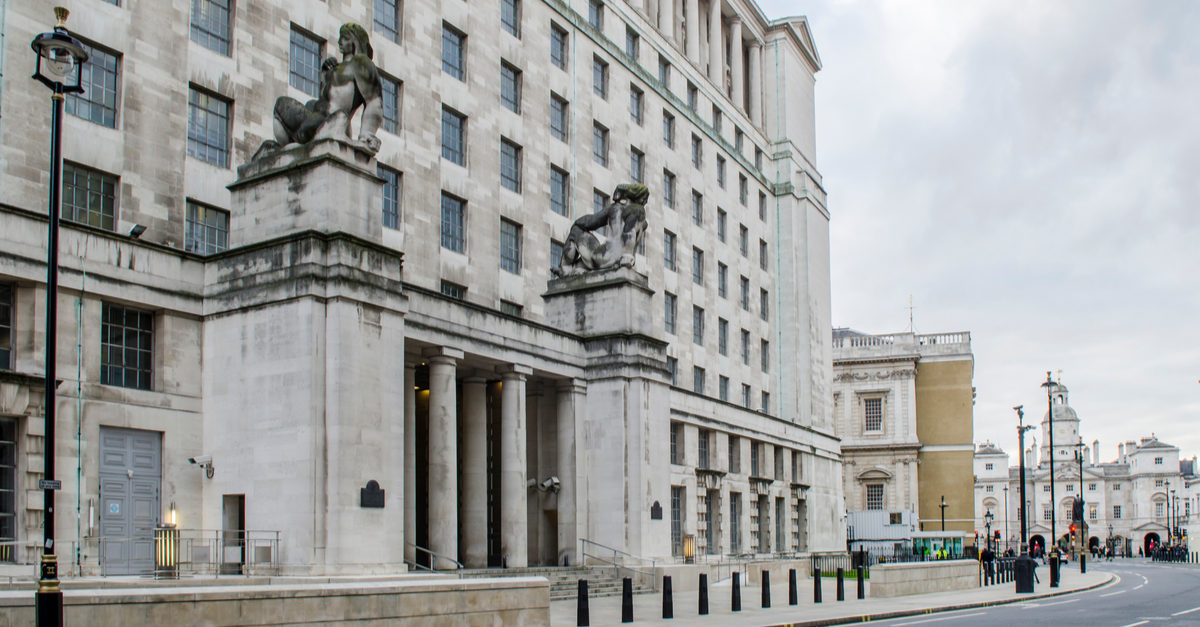After five days of post-polling day counting, Joe Biden was finally projected as president-elect on Saturday 7th November. Even though, at the time, President Trump had not conceded and instead launched a number of lawsuits in key battleground states, it seems certain the Biden will become the 46th President of the Unites States of America. But what will a Joe Biden presidency mean for UK Defence? At first glance, it may appear that the next US President will be far removed from UK Defence. However, on closer inspection, the degrees of separation definitely narrow, and there will undoubtedly be decisions made by the new incumbent of the White House that will influence UK Defence’s direction of travel in the coming months and years.
Likely Changes to US Foreign Policy
BBC News suggests that, under a Joe Biden presidency, the most likely change to US foreign policy will be seen in its approach to allies. Under Joe Biden, the US will seek to re-affirm the established international rules-based system, for example by re-joining the World Health Organisation, as well as repairing strained relationships within the North Atlantic Alliance. That said, President Trump’s belligerent and transactional approach to foreign affairs has had some success – every NATO country has increased its defence expenditure as a share of GDP during his time in office – so the new administration will not want to be seen as a soft touch, both in the eyes of foreign leaders and to the American electorate.
Where does Biden stand on Defence and Security?
Although Biden declared that President Trump had “abandoned all fiscal discipline when it comes to defense spending”, the incoming president is unlikely to make any major cuts to the US military budget. Moreover, his stance on future defence investment mirrors the anticipated UK post-Integrated Review approach, with a preference for increased spending on cyber, space, unmanned systems and artificial intelligence.
Furthermore, while recognising the impact of “events, dear boy, events”, Biden is unlikely to commit to large, open-ended troop deployments, and would be more likely to favour small-scale, SOF-heavy, military intervention to meet his foreign policy goals. Such an approach would definitely play into UK Defence’s future direction of travel, with its probable further reduction in land force mass, and increased emphasis on niche capability. UK special forces have worked extremely closely with their US counterparts over the last two decades and, as a result, are well-placed to be the partner of choice to support any US military intervention during a Biden presidency.
President-elect Biden’s immediate priorities
Although there have been some notable exceptions, most recently George W Bush after 9/11, US presidents tend to focus more on domestic issues during their first term in office. Moreover, the three top issues for voters in last week’s election, according to NBC News exit polls, were: the economy; the coronavirus pandemic; and racial injustice. All clearly have a domestic focus. To that end, President-elect Biden’s immediate actions are all likely to be inward-looking, which should have little or no impact on UK Defence. Given the anticipated start point for a Biden-Johnson relationship, this is extremely fortuitous.
As @onUKDefence has recently discussed, if the US-UK special relationship is to remain successful, it needs investment in the things that matter and, equally importantly, personal connections have to be nurtured. Joe Biden and Boris Johnson have never met. Moreover, given both his perceived closeness to President Trump and the disparaging remarks that he made about President Obama during the EU referendum, the Prime Minister is unlikely to be on top of the President-elect’s ‘To-Call’ list. To that end, an internally focused President Biden in the near term would be a good thing for Boris Johnson, as it would allow him time to find some common ground and to start building a relationship, before the President turns to matters that directly impact on UK national interests.
Conclusion
So, what will a Joe Biden presidency mean for UK Defence? A degree of military to military activity will continue much as before, well below the presidential radar. That said, some second and third order effects of decisions made by the new president in other areas are bound to impact UK Defence. For example, Biden’s green agenda may well force the US military away from carbon-dependent platforms more quickly than expected. To maintain interoperability and exploit shared supply chains on future combined operations, UK Defence may find itself having to invest in environmentally friendly capability more swiftly and heavily than it originally intended.
When it comes to future military operations, the next president can be expected to seek out coalitions of the willing to help with burden sharing and boost international legitimacy. Given the way his administration is likely to approach such interventions, UK Defence is already well placed to provide niche capability, for example ISTAR and air-to-air refuelling, as well as world-class special forces. Moreover, the likely outcomes of the Integrated Review should reinforce this position.
Ultimately, however, UK Defence will be influenced the most by the success or failure of the broad political relationship between President and Prime Minister. As the junior partner, the onus is on Boris Johnson to build the necessary bridges that ensure Joe Biden buys into the special relationship, and feels the need to keep the UK close. To that end, how President-elect Biden’s presidency affects UK Defence is likely to depend as much on decisions taken in London as it will be on decisions taken in Washington.







1 comments On What will a Joe Biden presidency mean for UK Defence?
I like this post.